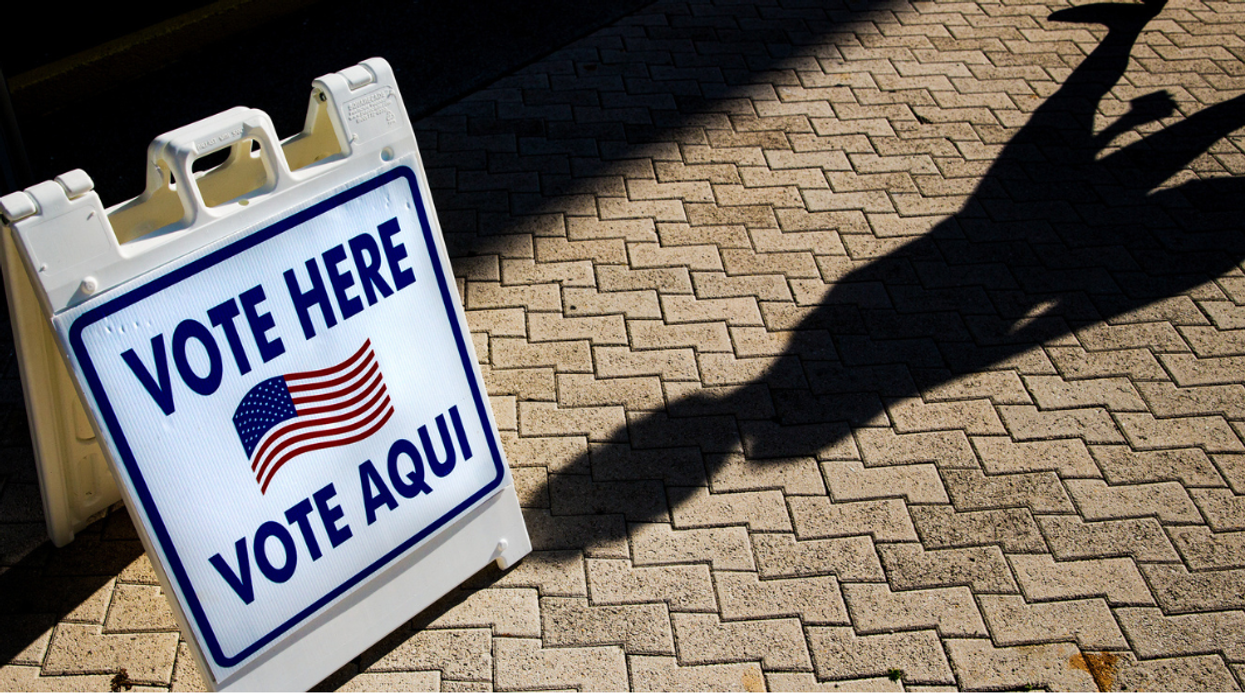Ashley Houghton is the Vice President of Programs and Policy at FairVote, a nonpartisan organization seeking better elections.
Deb Otis is the Director of Research and Policy at FairVote.
In the wake of the 2023 elections, the bulk of media coverage and analysis has understandably focused on whether Democrats or Republicans have more momentum going into 2024. But there’s no question that Election Day 2023 gave momentum to the fastest-growing nonpartisan voting reform in the nation: ranked choice voting.
On November 7, eleven cities across six states used ranked choice voting (RCV) in their elections, including Boulder, Colorado, which used RCV for the first time to elect their mayor. Ten more cities – including Salt Lake City – used RCV when Utah held its elections on November 21.
And more voters want to join them. Three cities in Michigan voted to adopt RCV for the first time, while Minnetonka, MN and Easthampton, MA voted to keep or expand it. With these victories, RCV has won 27 city ballot measures in a row.
This is a massive change from just seven years ago, when only ten cities used RCV. Now, 51 places use RCV, home to roughly 16 million Americans. That includes two states (Alaska and Maine) and 49 counties and states, with more states and cities – including Oregon, Nevada, and the District of Columbia – slated to vote on the use of RCV next year.
Poll after poll tells us that Americans see our current politics as toxic, divisive, and unresponsive to voters. An Associated Press poll this summer told us that just one in ten Americans feel our democracy is working very well. A Pew Research study this September found a staggering 63% have little to no confidence in the future of the U.S. political system.
Compare that with ranked choice voting, which tackles these problems and is popular everywhere it’s used.
Here’s how it works: In races with more than two candidates, voters are asked to rank the candidates in order of preference – first choice, second choice, and so on. If no candidate earns more than 50% of first choices, an “instant runoff” occurs. If your favorite candidate is eliminated, your vote counts for your highest-ranked choice who has a chance to win.
RCV can change our politics by giving voters better choices, better representation, and more positive campaigns. Voters are able to express their true preferences, without playing “spoiler” or “wasting” their vote on a candidate who can’t win. At the same time, candidates are forced to appeal to a broad coalition of voters – even those who rank another candidate Number 1 – to build the majority they need to win.
The movement for RCV is both bottom-up and top-down – citizens and local legislators are winning RCV city by city (including the five this November), showing that change is possible amidst gridlock. At the same time, pro-RCV efforts are moving in Congress. Just this week, Colorado Senator Michael Bennet introduced the Voter Choice Act, which would provide funding for cities, counties, and states to implement RCV.
Yet Election Day 2023 didn’t just show that voters want RCV; it also demonstrated how RCV can deliver better campaigns and more representative and responsive governance.
Look at Boulder and Portland, Maine’s hotly contested mayoral elections. In Portland, two losing candidates swiftly congratulated the winner with each calling the race “amazing”; the mayor-elect praised a “civil” campaign that’s “what this city deserves.” In Boulder’s first use of RCV, the two leading candidates drew clear policy distinctions, but the losing candidate quickly conceded and said that “the city’s in great shape” under his opponent’s leadership.
It’s not just nicer campaigns – by empowering start-up candidates to run instead of “waiting their turn,” RCV has led to more representative bodies of leaders. On Election Day, St. Paul, MN elected its first all-female city council; all are also under 40 and six out of seven are people of color. Cities like New York and Las Cruces, NM have also elected their first majority- or all-female councils using RCV; Minneapolis and Salt Lake City have elected their first majority people-of-color councils.
Of course, RCV doesn’t favor one demographic or ideological group – but by lowering the barrier to entry for underrepresented candidates, it gets us closer to elected bodies that look like the people they serve.
Ultimately, at a time when most Americans feel that our political system isn’t working as it should, RCV is offering glimmers of hope. That’s a 2023 election story that we can all be excited about – and one that sets the stage for even more wins for RCV in 2024.




















